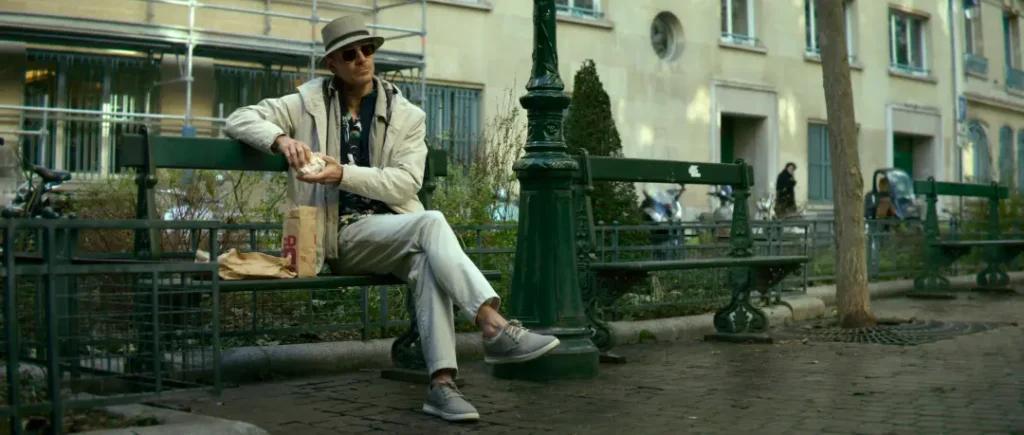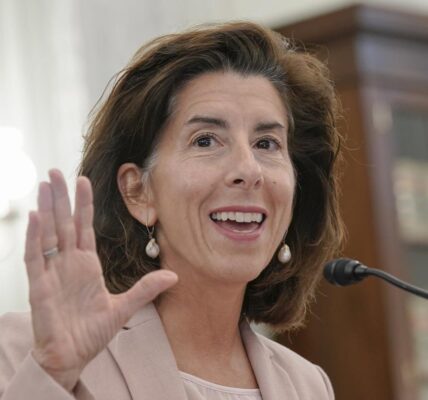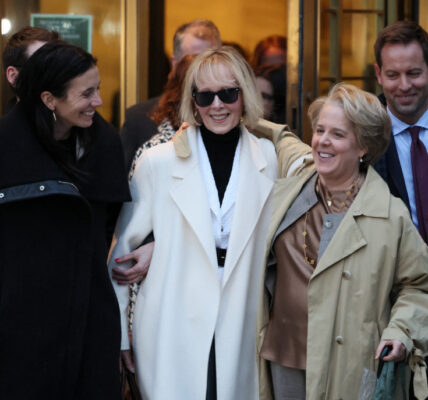Two assassins go to dinner in the last thirty minutes or so of David Fincher’s latest thriller, The Killer. After an hour and a half, we’ve been forced to listen to Michael Fassbender’s voiceover commentary about the meaninglessness of life and the necessity of control and concentration in the realm of high-end contract killing. There is speech over the entire period, particularly when the murderer confronts Charles Parnell’s character Hodges, who serves as his handler. However, when the murderer stares his victim in the eye at a darkly lit supper at a fine dining establishment in Beacon, New York, he finds himself looking for a sign of soullessness, anything to reassure him that he’s making the correct decision—only to encounter someone who isn’t all that different from himself.
Naturally, a lengthy monologue from the unidentified “expert” (Tilda Swinton), who identifies each killer based on their expertise rather than by name, falls well short of persuading Fassbender. His objective is still the same: he wants to murder her in retaliation for the vicious attack he and her accomplice, the “brute,” perpetrated on Sophie Charlotte, his lover. (That attack, which sets the story in motion, is a direct result of his mishandled hit).Following supper, they go for a walk. The expert asks her soon-to-be killer for a hand when she slips on an icy stairway. He shoots her in the head without hesitation, and we see a concealed dagger drop from her hand. It’s another instance of the murderer’s stringent code paying dividends. He states in voiceover, “Trust no one,” restating his principles to himself as he has done previously in the movie. “If then want to succeed, we must do this.”
However, the murderer waits in silence for a while, letting the expert savor her last meal before the scenario comes to an awful finish. It’s a change of pace for him; addressing her in a public setting like this is risky for a man who usually focuses on avoiding attention, as she herself notes (using a darkly humorous grizzly bear metaphor). Even while Fassbender carefully controls the character’s facial expressions—we don’t see any sympathetic nods or regrets about the job he’s come to do—we do learn a little something about him by witnessing another assassin babble.

It comes as no surprise that one of Swinton’s scenes is among the best in the film—if not the scariest. Her portrayal makes the expert seem like a genuine person to us right away, someone who might serve as the basis for her own telling of the tale. She says, “I’ve been so good for so long.” “I suddenly regret not pairing every meal with a Häagen-Dazs.” “Last minutes spent knowing they’re last minutes,” she contemplates haltingly later. If it were my worst enemy, I wouldn’t want it.
Ultimately, this scenario works so well because of more than simply Swinton’s representation and the expert’s characterisation. It’s because of the way it portrays the murderer, who says very nothing at all during the sequence. Here’s someone who shares his profession and moral principles, using the same justifications he does to defend an act of gratuitous cruelty. Being a contract killer means you never take anything personally. It’s all part of a cycle: he can attend this dinner hoping to be assured that the woman he is killing is definitely evil, but he himself evil in all respects. He will eventually meet oblivion in the eye, as she notes. He’ll think about her when he does.
The killer’s heart has long ago hardened from years of killing effectively and without remorse, leaving behind a chilly man unable to truly absorb the humanity of those who are not members of his immediate family. He grasps his identity. Even if the expert’s advice has no lasting effect on his mindset, you get the impression that she is at least somewhat successful in reaching him. The murderer doesn’t see a defenseless victim when he looks at the lady who assisted in the brutalization of someone he loves, but he also doesn’t see a cartoonish monster. All he sees is a human being, mortal and imperfect just like everyone else, including himself.




